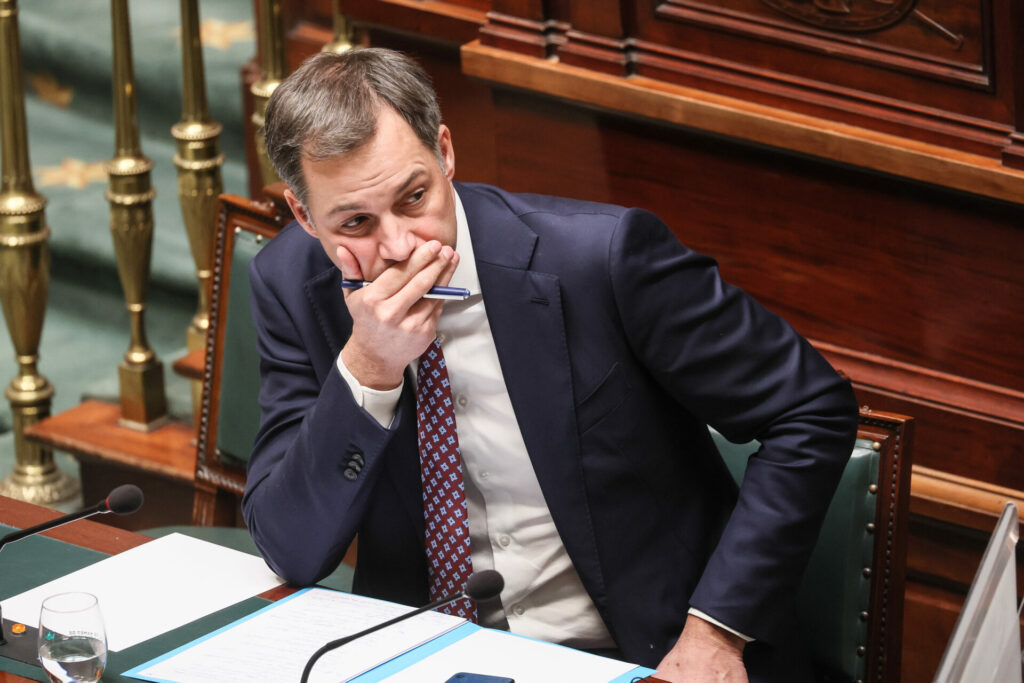Belgium's Federal Government reached an agreement on the energy bill reform: higher excise duties will be added to people's bills from April causing them to rise slightly, but the VAT rate will remain at 6%. The extended social rate will also be phased out.
After Federal Finance Minister Vincent Van Peteghem gave a push for a makeover of people's energy bills two weeks ago, the Federal Government reached an agreement on reform on Monday.
Last year, the Federal Government lowered the VAT rate from 21% to 6% to mitigate household energy costs – a temporary intervention that has now become permanent. Even with the reduced rate, however, Belgians are currently paying up to €500 more for electricity than households in neighbouring countries, a recent study shows.
Despite the permanent VAT reduction, energy bills will rise slightly from April, as the support measures left a significant hole in the revenue of the state treasury: according to estimates, the reduced VAT rate will cost about €1.3 billion this year. To compensate, an extra excise duty will be added – a small additional tax in the form of a fixed amount per month.
Withdrawing state support
The extensive energy support provided to households is gradually coming to an end, though prices have also fallen sharply in recent months, even below the price when the energy crisis erupted.
Speaking on VTM News on Sunday, Prime Minister Alexander De Croo said that it is "only logical" for the government to phase out the support measures when prices and bills fall again.
"As a government, you have to say at a certain point: we have supported, and we have been very generous. But if prices fall, the government also has to take a step back and concentrate on the people who otherwise really would not be able to make ends meet."
Related News
- Belgians pay €500 more for electricity than in neighbouring countries
- Belgium agrees with energy companies to lower advance payments
- Belgium in Brief: Why does electricity cost so much?
This also means that the extended social rate will be phased out in four phases. At the moment, about a million families benefit from this reduced rate: the government pays part of the bills. From next year, it will only apply to those who receive certain benefits or allowances (a living wage, an allowance for people with a disability or the income guarantee for the elderly), as it did before 2021.
The group that joined then will gradually become more have to pay (the lower rate will be reduced by 25% each quarter). In practice, this means that those who only became eligible during the energy crisis will likely lose that support now that the crisis is ending, but those that already benefitted from it will likely not be affected.
All this will probably lead to an energy bill that is about €20 more expensive than today, unless gas and electricity prices fall even further by April.

